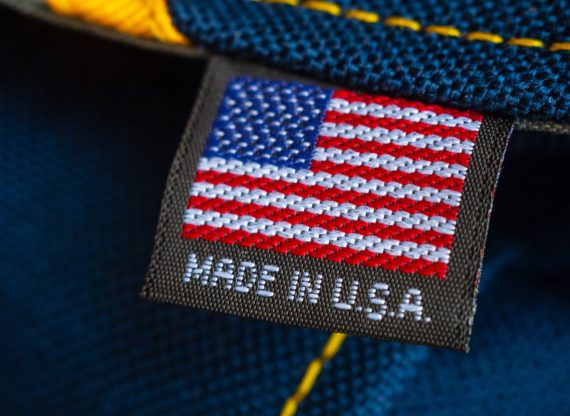Biden Uses Canada as a Punching Bag

President Biden doubled down on Donald Trump’s “Buy American” campaign, signing a Jan. 25 executive order that would not only maintain Mr. Trump’s destructive protectionism, but increase the burdens on international trade.
Mr. Biden’s new order will keep Mr. Trump’s mandate that the federal government buy goods made domestically. But it adds a new, highly disruptive mandate to raise the threshold for foreign components going into those finished goods, along with the establishment of a panel to reduce the many exemptions the Trump administration had made.
Despite its antitrade image, the Trump administration hadn’t even finalized its own “Buy American” rules until two days before leaving office, suggesting a gap between rhetoric and economic reality that the new administration seeks to close.
In the wake of Mr. Biden’s cancellation of the Keystone XL pipeline, this was a second body blow to Canadian workers. This is because components are key to Canada’s exports to the U.S., which make up around 80% of all of Canada’s exports. Considering that Canada’s two largest exports are natural resources and automotive components, together accounting for nearly two-thirds of Canada’s total exports, the new president seems to be going for his neighbor’s jugular.
North American supply chains integrate industries on both sides of the border, especially in the automotive sector. U.S. scrap steel, for instance, is exported to Ontario, where U.S. manufacturers such as Ford and General Motors use it to produce vehicles for export back to the U.S. Mandates on where components are made risk shutting countries out of existing supply chains.
Dictating where components can be produced harms both workers and consumers even in normal times. Given Covid-19-related disruptions to supply chains, such measures can be catastrophic when paired with already-soaring commodity prices thanks to central-bank interventions. Scrap-steel prices are already up 60% since November, while order backlogs have hit a 2½-year high.
To illustrate the problem, many grades of metal, or of specialized computer chips, simply can’t be sourced domestically in the medium term. Mr. Trump’s numerous exemptions to his own “Buy American” rules recognized that critical components are often unavailable in the U.S. at the quality or cost that make the product viable. Bureaucrats waving mandates can’t alter reality for component industries that often took many years to develop clusters of know-how, on-the-job training of staff, expert suppliers to the suppliers and so on. Reproducing these ecosystems can take many years, and doing it in the teeth of bureaucratic mandates is like trying to change a tire while the car is in motion.
Mr. Biden promised a new era of cooperation and openness with other countries. Instead, he has used Canada as a punching bag. In this era of frayed international relationships, rising unemployment and struggling industries, it is more important than ever to allow people to trade with each other without asking a bureaucrat’s permission.
Peter St. Onge est chercheur associé senior à l’IEDM. Il signe ce texte à titre personnel.

